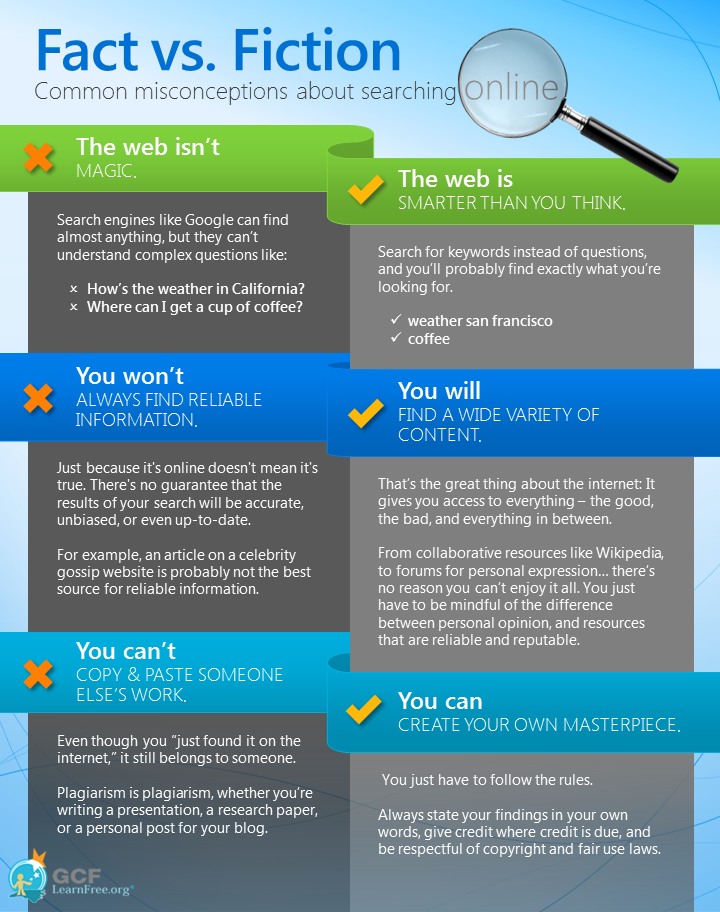All rights belong to the original creators respectively. No copyright intended.
How Not to Get Sued: Six Copyright Myths You Need to Know
The Reality: If you do not own the content, you must either ask for permission to share it, or pay the copyright holder to license it. In cases where those victims are aware of their rights, they will seek damages. Suppose you run a very successful Facebook page. While surfing one day, you identify what you think is the next big viral video, posted by an undiscovered YouTube talent. You then download the video, add your logo as an intro, and post it on your Facebook page.
Fair Use Frequently Asked Questions
Anyone who earns that revenue without consent from the original content creator is taking that money right out of their wallet. As the example above illustrated, there are often monetary damages that the original content creator cannot recoup when you post their copyrighted content. Fair Use is a legal doctrine that permits limited use of copyrighted material without acquiring permission from the rights holders.
There have been many U.
As an example, it is often Fair Use to use small sections of a copyrighted work while creating a derivative work, such as a movie trailer review that includes clips of original content that add to its commentary; but in that example, showing the entire trailer in the review would no longer be protected by Fair Use. Fair use is a legal doctrine that promotes freedom of expression by permitting the unlicensed use of copyright-protected works in certain circumstances. Section of the Copyright Act provides the statutory framework for determining whether something is a fair use and identifies certain types of uses—such as criticism, comment, news reporting, teaching, scholarship, and research—as examples of activities that may qualify as fair use.
Section calls for consideration of the following four factors in evaluating a question of fair use:. When you see a meme going around, give a thought to the subject of that meme image, whose life may forever be changed.
ABOUT TINYTAKE
She has long had a personal and professional interest in issues of copyright, user privacy and intellectual freedom, which has informed her approach to instruction and reference. She lives in New Jersey with her family, and in her spare time, such as it is, enjoys bakeries, reading, and bullet journaling.
The part I found interesting was how the copyright let memes be fair game if they are in certain perimeters of the rules.
Who measures these parameters of fair use?? Save my name, email, and website in this browser for the next time I comment. Notify me of follow-up comments by email.

Notify me of new posts by email. This site uses Akismet to reduce spam. Learn how your comment data is processed.
- people say i look like george benson.
- Navigation menu?
- history of cumberland mall vineland nj.
- american express financial employee background check.
Memes and Copyright Image-based memes involve, primarily, an image created by somebody. A legal finding of fair use takes into account the following factors: The purpose of the use, The amount of the work to be used, The effect of the use on the market for or value of the original work, and The nature of the copyrighted work. Memes and You Image-based memes are easy to create and easy to spread, though whether they will go viral is never a given.